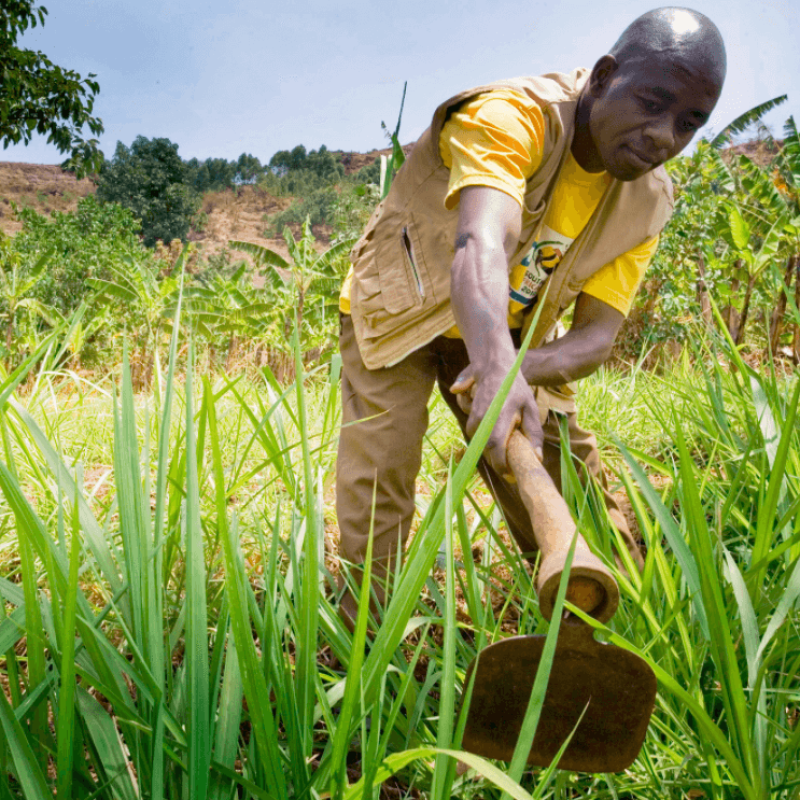[Editor’s Note: Morris Ogenga-Latigo is a member of the Pan African Parliament and former member of the Uganda National Biosafety Committee.]
The National Biotechnology and Biosafety Bill 2012 is now before [Uganda’s] Parliament for consideration and enactment. This is a highly technical Bill that for long has endured relentless highly emotive campaigns against Biotechnology and Genetically Modified Organisms (GMOs).
…
[T]his Bill is necessitated by the needs of our country that we as Parliamentarians are obligated under the Constitution to address by enacting appropriate laws.More importantly, I saw the potential of Molecular Biology as long ago as the late-1980s when I was winding up my Ph.D. studies at the International Centre for Insect Physiology and Ecology (ICIPE), Nairobi.
…
There have been numerous attempts to scare us off Biotechnology and its GMO crops and products…. The scare-mongering is, however, essentially unjustified and is absolutely unjustifiable in science, facts and realities.
…
When our scientists, whom we invested in and are working in the field of Biotechnology, are demonized, maligned and presented in bad light, and their voices ignored, and when the falsehoods propagated by CSOs and some non-Biotech scientists about the dangers of Biotechnology and GMOs are instead believed and are the basis of our legislative drive.
…
Please let us take our obligation to act as Patriots and to legislate non-emotively, and in the best interest of our country and people, most seriously.
The GLP aggregated and excerpted this article to reflect the diversity of news, opinion, and analysis. Read full, original post: Background on biotechnology Bill































